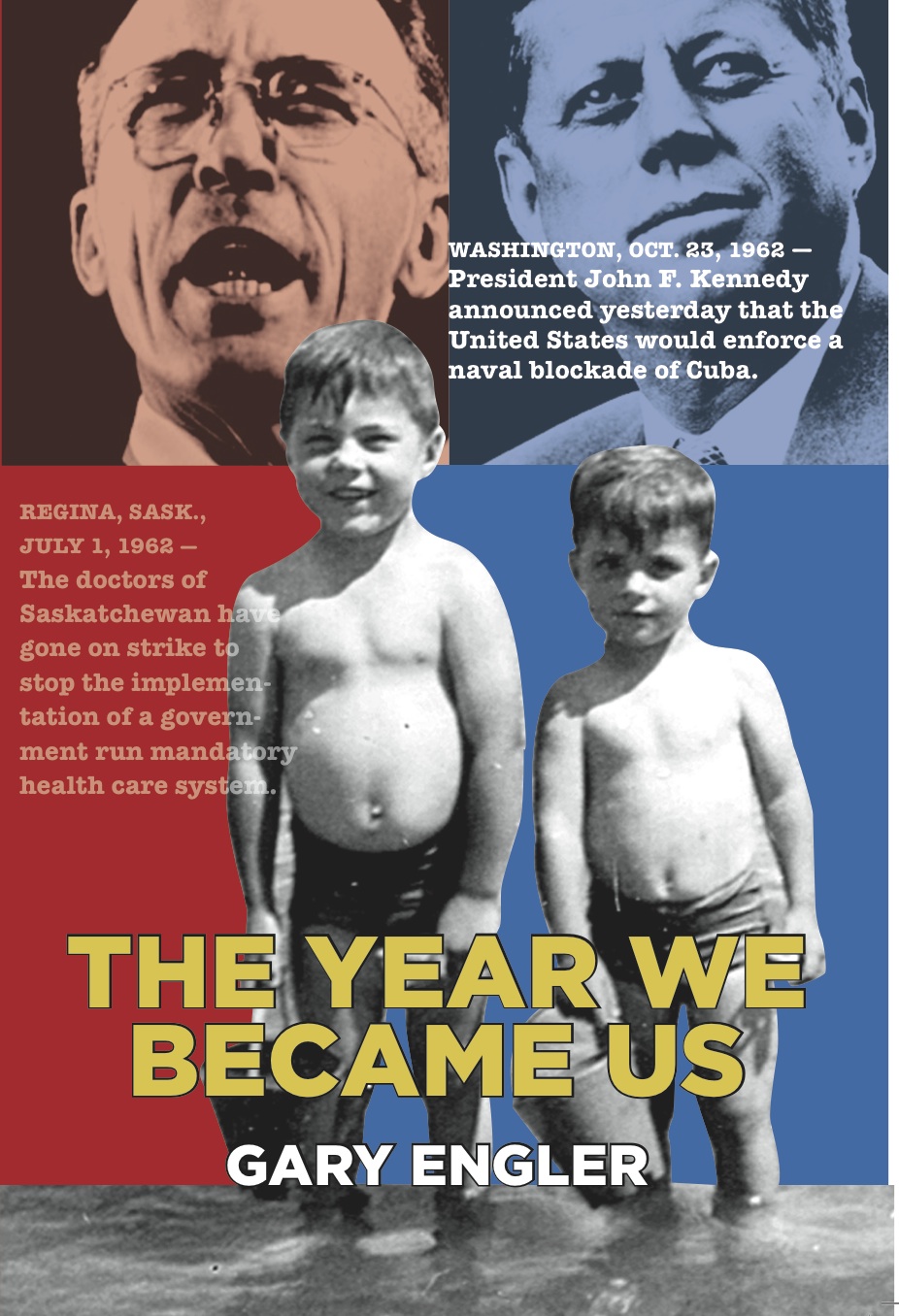Fifty years ago today President John F. Kennedy shook my faith in church, school, the United States — and pretty much every other form of authority.
On Oct. 22, 1962, in our living room in Moose Jaw, Saskatchewan, I watched JFK on TV announce that the Soviet Union had put missiles in Cuba, so he was going to blockade that country.
Right afterward my brother Jerome proclaimed to my parents sitting on the couch and his two younger siblings on the floor: “The world is going to end.” Because he was old and wise and a socialist at 14, I was deeply impressed by everything Jerome said.
The world is going to end, I thought. Why?
Looking back, it was a critical moment in becoming an anti-capitalist activist, an atheist, a believer in non-violence and an internationalist.
Why, I wondered, was it okay for the United States to invade at the Bay of Pigs, but not for Cuba to defend itself by accepting Soviet missiles? What right did the U.S. have to interfere at all in another country? Why did Americans pick on Castro anyway? He just wanted to make things better for poor people and the Negros, that’s what my second oldest brother Al said and he’d been to university.
I remember thinking the U.S. was acting like Mike, the big Grade 8er who was always bossing us around and taking stuff during recess and after school. I hated bullies.
Because the U.S. always wanted to get its way, the world was going to end.
Then there was Father Athol Murray, the priest from Wilcox just a few miles from Moose Jaw, who was always on the radio. This time he was talking about how everyone should pray for President Kennedy to be strong and stop the godless communists. While he was a priest, and we were Catholics who said the rosary every night as we knelt around the couch, my family disagreed with almost everything Father Murray said. He hated the CCF, the political party that had run Saskatchewan’s socialist government since 1944 and who my parents had always voted for. Just a few months earlier Father Murray had even sided with the doctors in their strike to stop Medicare, which made it free to see a doctor or go to a hospital. Al and Jerome and my parents said Medicare was the best thing ever.
It suddenly occurred to me that even though Father Murray was a priest, and President Kennedy was a Catholic, they were both wrong.
Worse, they sided with rich people against poor people and rich countries against poor ones, even though Sister Veronica told us in Catechism that Jesus Christ loved poor people and that it was harder for a rich person to go to heaven than for a camel to pass through the eye of a needle.
Did Father Murray and the president pretend to believe in one thing and then say and do another? Mrs. Downing, my Grade 5 teacher, said that was bad and called hypocrisy.
Hypocrisy was going to cause a nuclear war and the end of world.
And what about Mrs. Downing? She was a pretty good teacher, but how could I trust her? She said we had to support John F. Kennedy because he was the first Catholic president. Was that more important than being a bully and a hypocrite?
Not even our newspaper could be believed. Jerome delivered the Times Herald and every day it had stories that made it seem like Cuba and Russia were the bad guys. That just wasn’t fair. No one liked Russia very much, but why was it such a big deal that it put missiles close to the United States? The Americans had their missiles right next to the Soviet Union for years. And, just like Father Murray, the newspaper had also been against Medicare. It too was on the side of the rich and powerful, not ordinary people like us.
The world was going to end and it just didn’t seem right. It was the first time I remember choosing sides. The memories of that time have stuck with me to this day.
How do we become who we are? What shapes our beliefs? These are questions for historians and, perhaps, novelists to answer.
Gary Engler is an elected full-time union officer of the B.C. Media Union and author of the The Year We Became Us, a new novel about 1962, available on paper in Canada and around the world as an ebook (currently half price to commemorate the 50th anniversary of the Cuban Missile Crisis).



